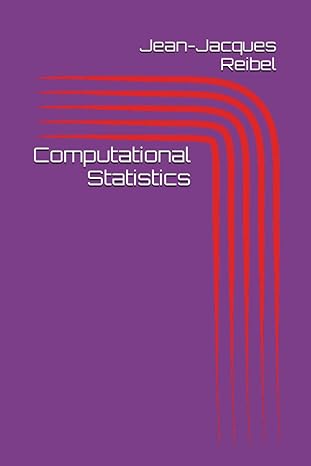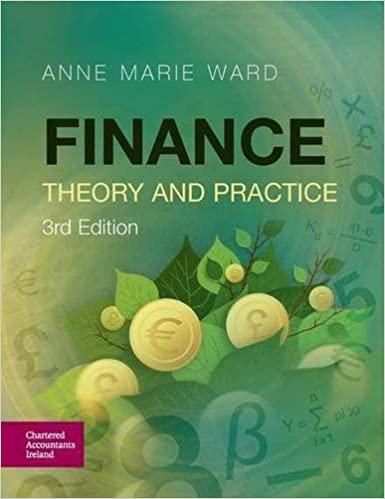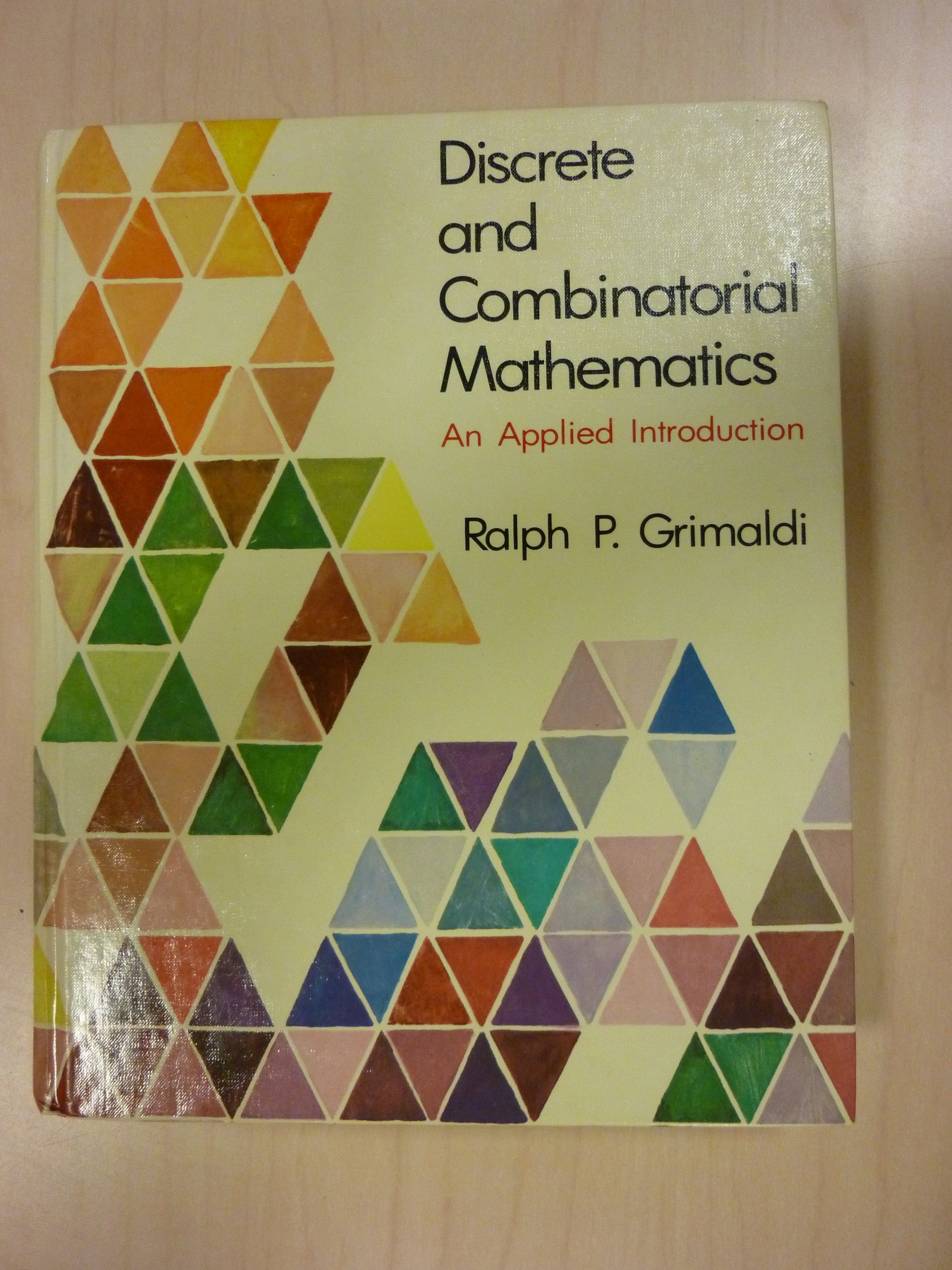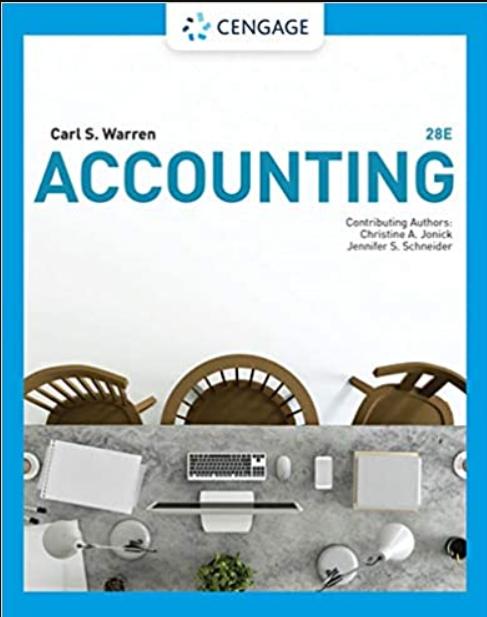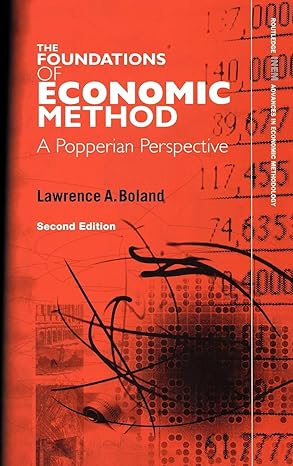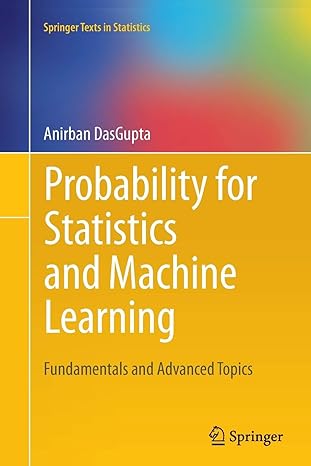Go back

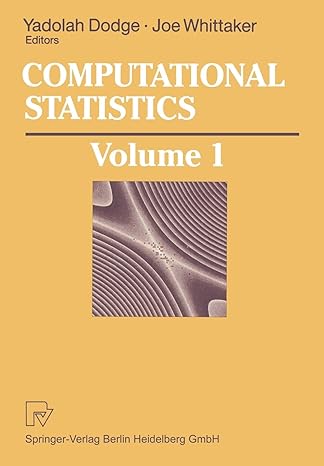
Computational Statistics Volume 1(1st Edition)
Authors:
Yadolah Dodge, Joe Whittaker

Cover Type:Hardcover
Condition:Used
In Stock
Shipment time
Expected shipping within 2 DaysPopular items with books
Access to 30 Million+ solutions
Free ✝
Ask 50 Questions from expert
AI-Powered Answers
✝ 7 days-trial
Total Price:
$0
List Price: $145.60
Savings: $145.6(100%)
Solution Manual Includes
Access to 30 Million+ solutions
Ask 50 Questions from expert
AI-Powered Answers
24/7 Tutor Help
Detailed solutions for Computational Statistics Volume 1
Price:
$9.99
/month
Book details
ISBN: 3662268132, 978-3662268131
Book publisher: Physica
Get your hands on the best-selling book Computational Statistics Volume 1 1st Edition for free. Feed your curiosity and let your imagination soar with the best stories coming out to you without hefty price tags. Browse SolutionInn to discover a treasure trove of fiction and non-fiction books where every page leads the reader to an undiscovered world. Start your literary adventure right away and also enjoy free shipping of these complimentary books to your door.
Book Summary: The Role of the Computer in Statistics David Cox Nuffield College, Oxford OXIINF, U.K. A classification of statistical problems via their computational demands hinges on four components (I) the amount and complexity of the data, (il) the specificity of the objectives of the analysis, (iii) the broad aspects of the approach to analysis, (ill) the conceptual, mathematical and numerical analytic complexity of the methods. Computational requi rements may be limiting in (I) and (ill), either through the need for special programming effort, or because of the difficulties of initial data management or because of the load of detailed analysis. The implications of modern computational developments for statistical work can be illustrated in the context of the study of specific probabilistic models, the development of general statistical theory, the design of investigations and the analysis of empirical data. While simulation is usually likely to be the most sensible way of investigating specific complex stochastic models, computerized algebra has an obvious role in the more analyti cal work. It seems likely that statistics and applied probability have made insufficient use of developments in numerical analysis associated more with classical applied mathematics, in particular in the solution of large systems of ordinary and partial differential equations, integral equations and integra-differential equations and for the ¢raction of "useful" in formation from integral transforms. Increasing emphasis on models incorporating specific subject-matter considerations is one route to bridging the gap between statistical ana.
Customers also bought these books
Frequently Bought Together
Top Reviews for Books
Sheila Lucious
( 5 )
"Delivery was considerably fast, and the book I received was in a good condition."


